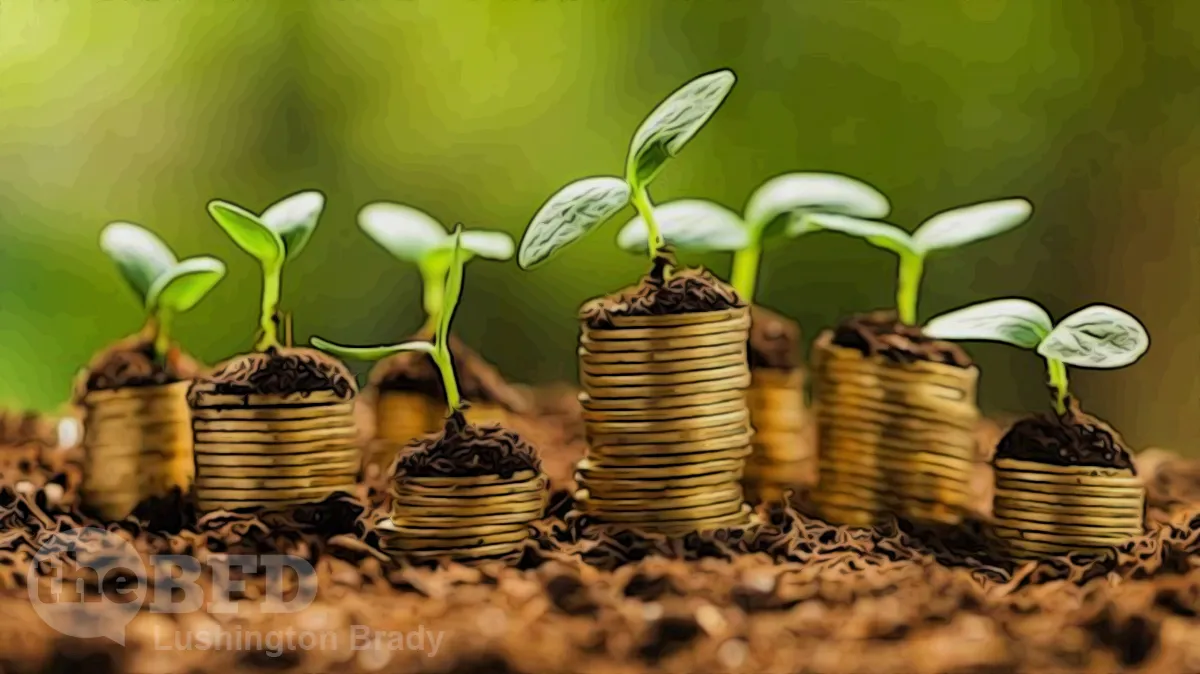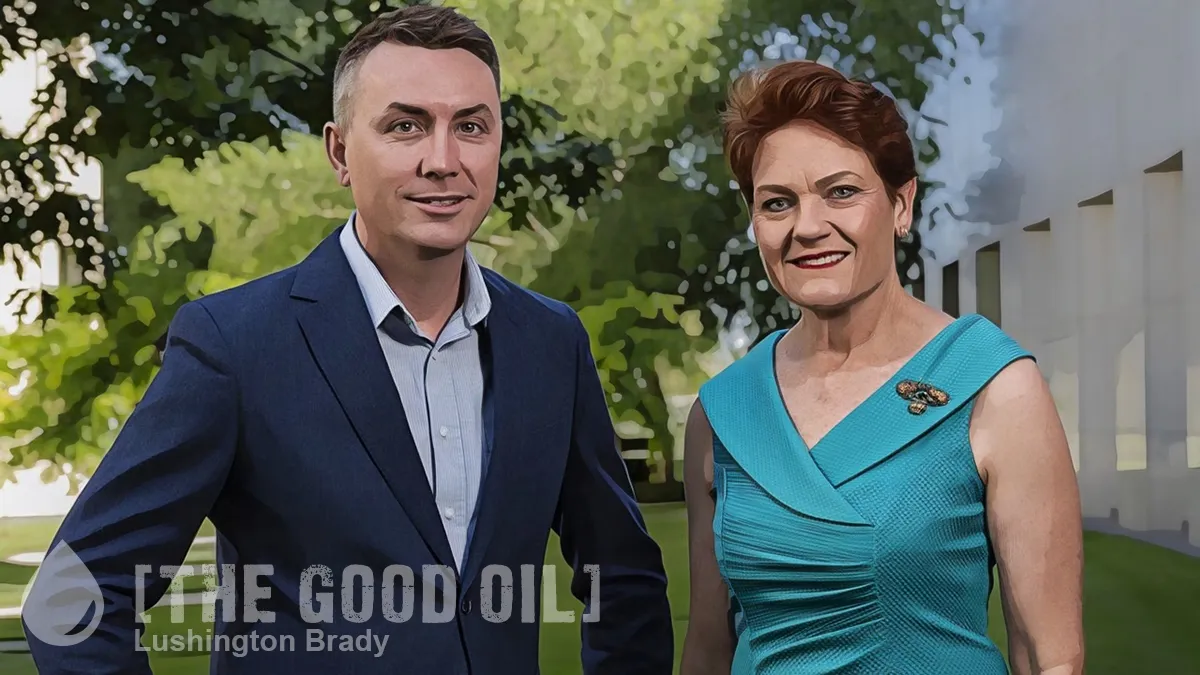Table of Contents
Nothing tells us that “green” is a massive scam so clearly as that it’s attracting so many scammers. Flies are irresistibly attracted to honey, and the biggest honey-pot right now is the massive piles of taxpayer’s “green” cash.
A close second is the virtuous gullibility of “green” consumers, brainwashed into believing that they can “save the planet” by throwing their hard-earned at a dodgy “green” corporate.
The competition watchdog has begun a crackdown on “greenwashing” by Australian companies, surveying the internet for companies making false claims about environmental action after a global investigation found as many as 40% may be fraudulent.
As Derryn Hinch once said, con-men wouldn’t get rich if people weren’t greedy — or gullible.
Gina Cass-Gottlieb, chair of the Australian Competition and Consumer Commission, told a House of Representative hearing on Tuesday that “increasingly large proportions of consumers” were making decisions based on products’ sustainability credentials.
“We do not want to see a loss of consumer and community trust in these claims because it is a critical part of the purchasing decisions of consumers,” she said, adding “we get an unfair competitive situation” if firms falsely make claims about achieving net zero carbon emissions or other environmental standards.
The scale of the scam is so lucrative that it’s attractive to some of the most bloated flies around: institutional investors such as super funds.
“[W]e’ve got a number of investigations in relation to allegations of greenwashing and the kinds of things that we’re looking at involve potential misleading or deceptive conduct,” Sarah Court, a deputy Asic chair said. “There [are] listed entities, superfund trustees, and one managed fund responsible entity” in the early stages of investigation.
These same institutional investors are the ones driving ruinous policies like “renewables”, and closing down coal-fired stations, as well as hammering the agricultural sector — all in pursuit of a fast taxpayer-funded buck.
The sheer size of the honey pot is staggering.
Karen Chester, another deputy Asic chair, said that by 2025 about a third of assets under management globally, worth some $53tr, would be covered by ESG – environmental, social and governance – standards.
Of course, the regulator isn’t going to bother with asking why green-washing is such a lucrative business.
The ACCC is also planning to lay down guidelines so that companies only make statements about their products that are “clear, defined, limited in their claims, and always have strong verification materials”, Cass-Gottlieb said. “Scientific and rigorous processes” would need to be behind those claims.
Come on — we can’t even get rigorous scientific processes about the whole scam of “catastrophic climate change”.
Jerome Laxale, Labor MP for Bennelong, welcomed the ACCC’s plans to clamp down on greenwashing.
“It’s a huge indicator of what tough work our regulators need to do to ensure that 40% of net zero claims here in Australia are not fraudulent,” Laxale told Guardian Australia.
“We’ve got a lot of catching up to do,” Laxale said. “It’s great to start this year, but it also would have been better if they had started earlier.”
“I want to ensure that when a company claims that they are net zero that either, A, they are actually reducing their emissions, or B, that the offsets that they purchase are legitimate and not junk,” he said.
How about investigating the claim that “net zero” is ever going to do anything but drive up the costs of energy and food, while making diddly-squat difference to natural climate change processes that are, to date, hugely benefiting the Earth?
Wait — does someone actually get it?
Polly Hemming, a senior researcher at the Australia Institute, said it was “very hard to see how Australian regulators can effectively tackle greenwashing if they can’t get to the root cause”.
Sadly, no…
“That is, other regulators or arms of government rubber-stamping dodgy offsets or misleading carbon neutral claims,” she said.
The Guardian
Meanwhile, the real root cause of the scam goes unchallenged.









